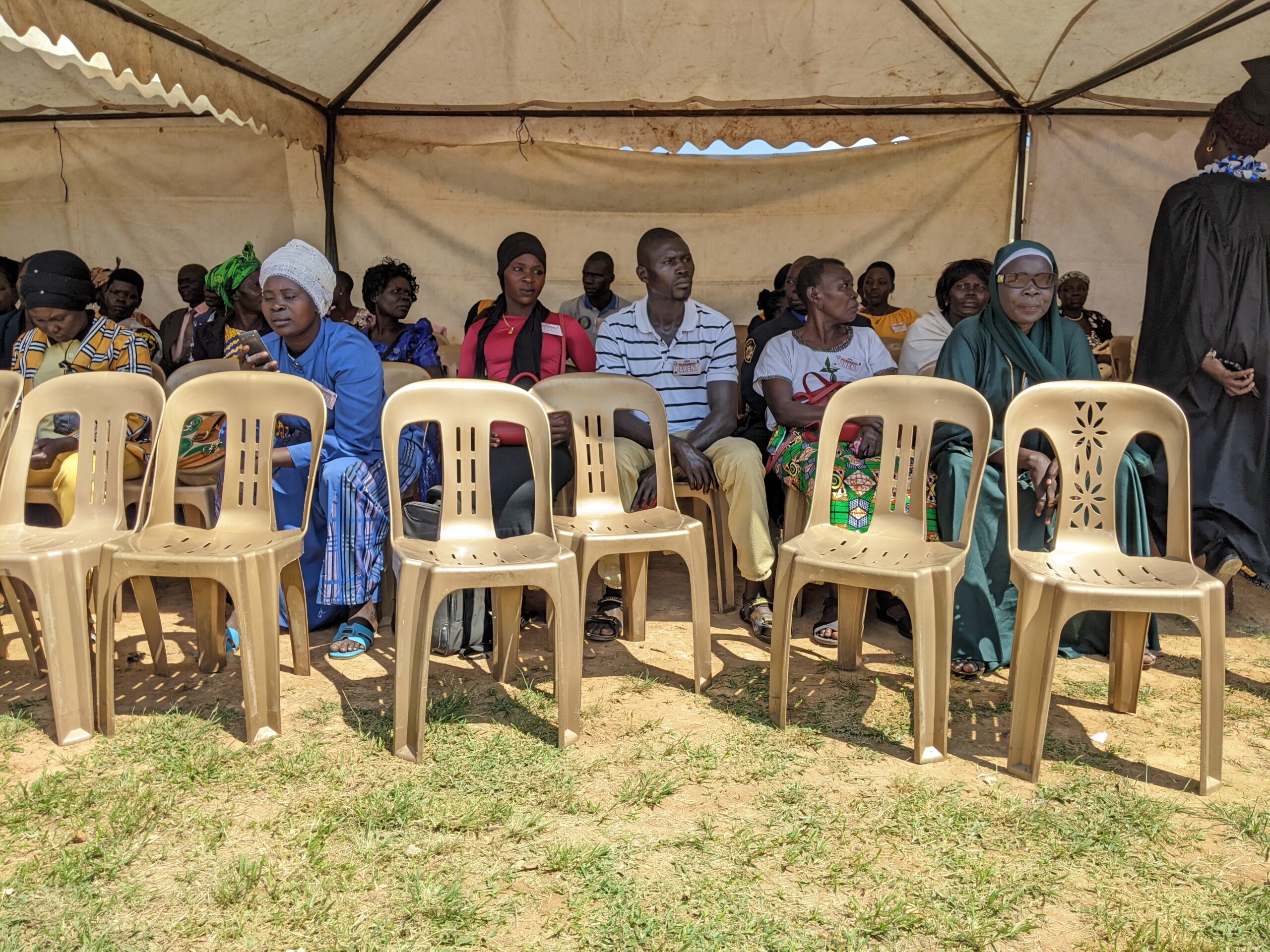Research and Transform Communities
Our Services

Conduct Research
Collect Data
Using Various tools for Data Collection, we gather data in a format that can easily be transformed to information
Data Analysis
We use Complex but flexible tools for Data Analysis, which can make us produce the best results in the field of research and innovation.
Report Writing
Using the information obtained from the data analysis software, we generate reports giving details of the responses of different respondents during the data collection
Feedback
We give the reports to the concerned stakeholders and to the general community through Radio Talk-shows and TV News.

Trainings
We provide trainings to individuals and organizations on the best practices of doing research. This training majorly targets the Educational institutions and students. Those organizations interested for the training can contact the Director research.
Go to our contacts and search for Director research.
Areas for the Training;
- Academic Research Proposal Writing.
- Project Proposal Writing.
- Data Collection and Analysis.
- Proposal Defence.
- Report writing

Community Participation
We also engage in community activities like child protection, protection of women against domestic violence and other gender based violence. We provide room for any community consultations.
ABOUT US
The name of the organization shall be DECISIVE RESEARCH AND TRAINING ORGANISATION (DRTO) an independent research and training organization, non-partisan and not for profit. We the members of Decisive Research and Training Organisation (DRTO), aware of the challenges facing our community and country and their impact on the economic, social, cultural and infrastructural development and mindful of the fact that Ugandans need to increase their support, participation and sustainability of their Nations’ building and National development through evidence based decisions. Convinced that the responsibility for overall development in Africa rests with Africans especially starting with the Young people.

THEMATIC AREAS
RESEARCH
Research as a thematic area is essential for advancing knowledge, informing practice, and driving innovation across disciplines. It involves systematic inquiry aimed at discovering new insights, validating existing theories, and addressing pressing societal challenges. By employing diverse methodologies and interdisciplinary approaches, research fosters critical thinking and promotes evidence-based decision-making in various sectors, including education, healthcare, and technology. This thematic area not only enhances academic understanding but also empowers practitioners to implement effective solutions that enhance quality and impact. Ultimately, a commitment to research is crucial for fostering a culture of inquiry, continuous improvement, and sustainable development in an ever-evolving world.
EDUCATION
Education is a transformative thematic area that serves as the foundation for personal growth, social development, and economic progress. It equips individuals with the knowledge, skills, and critical thinking necessary to navigate and contribute to an increasingly complex world. As a driving force for equity and empowerment, education fosters lifelong learning, innovation, and adaptability across all stages of life. In addressing global challenges such as poverty, inequality, and climate change, education plays a pivotal role in building inclusive, informed, and resilient societies. By investing in education, we nurture the potential of future generations to lead and shape a sustainable, just, and prosperous future.
DIGITAL TRANSFORMATION
Digital transformation is a critical thematic area that involves the integration of digital technologies into all aspects of society, revolutionizing the way individuals, businesses, and institutions operate. It encompasses the adoption of emerging technologies such as artificial intelligence, data analytics, cloud computing, and automation to enhance efficiency, innovation, and connectivity. In the context of education, digital transformation reshapes teaching and learning, providing new opportunities for personalized instruction, remote learning, and collaboration. By fostering adaptability and innovation, digital transformation enables organizations to respond effectively to changing market demands and societal challenges, driving growth, inclusivity, and sustainability in the digital age.
Livelihood Development and Humanitarian Response
Livelihood development and humanitarian response as a thematic area focuses on building resilience and sustainable livelihoods for vulnerable populations, particularly in crisis and post-crisis contexts. It involves strategies aimed at empowering individuals and communities through economic opportunities, skills development, and access to essential resources, enabling them to recover from shocks and achieve long-term stability. In humanitarian response, the focus is on providing immediate relief and support to those affected by disasters, conflicts, or other emergencies, while integrating livelihood interventions to promote self-reliance and reduce dependency on aid. This thematic area is crucial for fostering recovery, promoting dignity, and ensuring sustainable development in both emergency and development contexts.
QUESTIONS?
Whether you’re curious about features, a free trial, or even press, we’re here to answer any questions.
